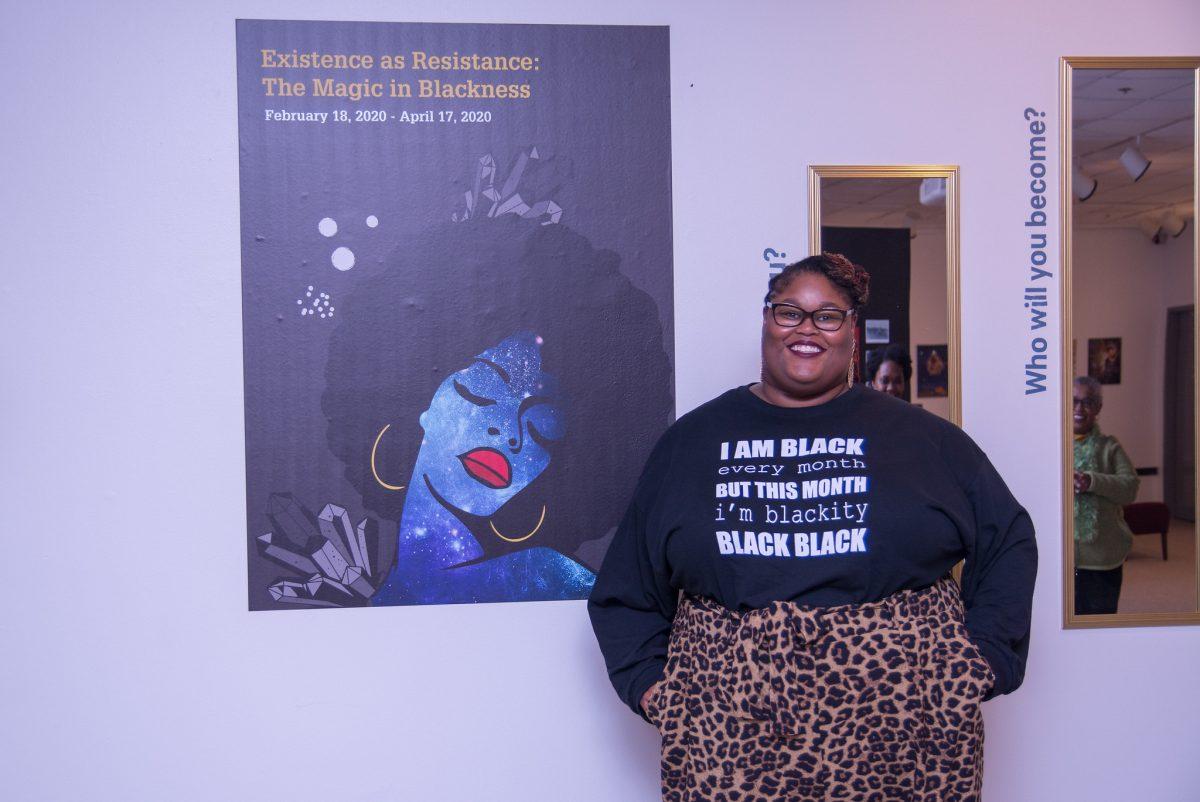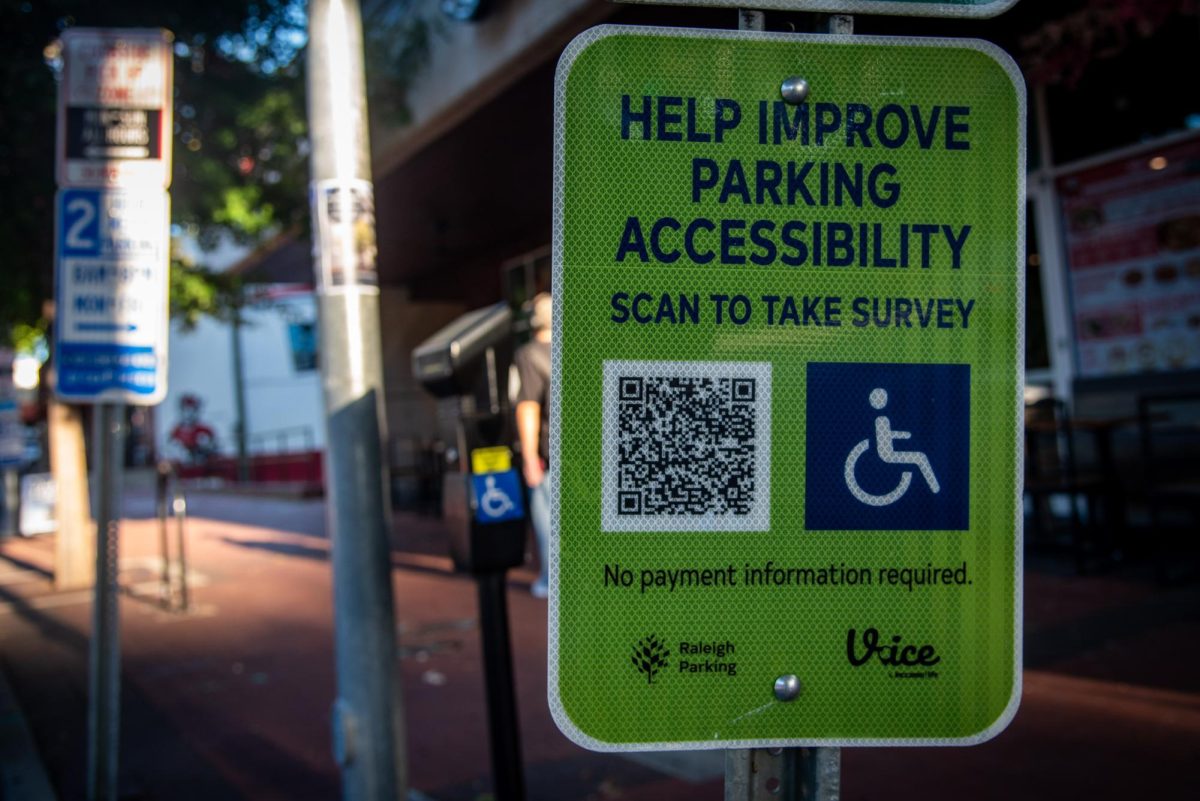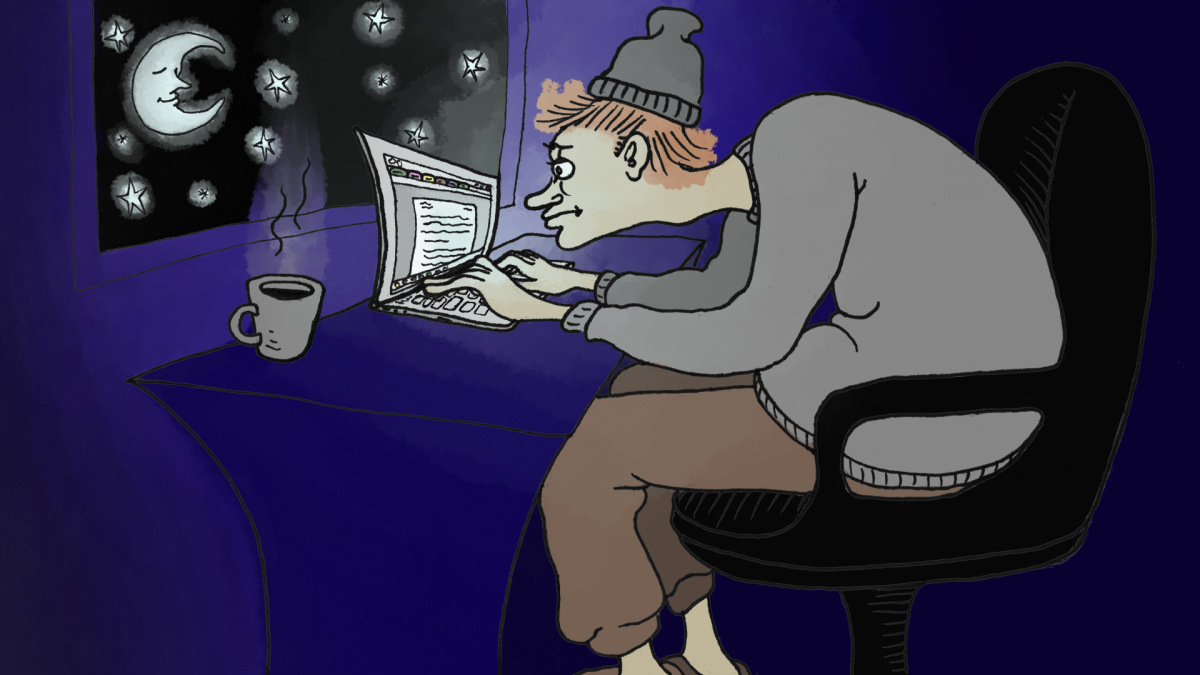After a staffless reopening at the beginning of this year, the African American Cultural Center (AACC) chose Angela Gay, a Ph.D. candidate in education leadership, policy and human development, as the new director of the African American Cultural Center.
Gay, having previously worked as the assistant director at the Women’s Center, accepted the role Sept. 8.
According to Gay, the primary role of the director of the AACC is not only to help run key programs but to uphold the needs and interests of Black students on campus. This includes promoting student research, programming various cultural events and creating a support space for students. Gay said with recent events, such as the Breonna Taylor indictment hearings and eventual decision, students need support more than ever.
“There are many politics at play for this role, even going into like the UNC System, also recognizing we’re at a place of racial injustice and it is at peak currently,” Gay said. “There’s a very specific need related to this position that we have to explore.”
According to Gay, the application for the position was a multi-step process. After submitting a general application on the Office of Institutional Equity and Diversity (OIED) website, Gay was asked specific questions on envisioning Blackness growing at NC State. Gay said her responses drew from her personal work alongside activists such as Charlene Carruthers, who visited NC State for the Womxn’s HERstory Month last year.
“I also referenced Adrienne Maree Brown’s ‘Emergent Strategy’ because those things help guide my work,” Gay said. “Whether I’m doing work for women and/or people of color or Black folks, those are some of the things that help guide my perspective.”
After the first portion was complete, the application process became much more interactive. According to Gay, the second part of the application process involved the development of a plan for the 30th year anniversary of the AACC. Gay said she created a fictional budget, framework, plan, programming and strategy, often going through the history and archives of the AACC to learn what the center means for students on campus. The plan was later reviewed by various administrators within campus community centers, who collaboratively decided on the new role.
Sheri Schwab, vice provost for OIED, said the final decision to choose Gay was from her previous work within the University.
“Dr. Gay’s been part of the OIED team for several years now in the Women’s Center,” Schwab said. “She has a strong programming background, as well as connections with students, so she just brings a lot of vision and great connection with the community.”
According to Schwab, the search for a new director began around May, prior to the departure of the previous director in August. With the COVID-19 pandemic delaying the interview process considerably, the role of director was empty throughout the beginning of the semester. Interim Director Sachelle Ford stepped in temporarily while the interview process was finishing up.
“We really were looking for a person to come to the role at a very important time,” Schwab said. “Obviously not only from the recent events related to racial equity and anti-Black racism, but also because in a couple years, 2024, will be the 30th anniversary of when the building was named after Dr. Witherspoon.”
For the future of the AACC, Gay said she wants to transition her role towards a more “holistic” approach, highlighting opportunities for students to engage in leadership roles within events and activities, alongside the creation of a scholarship for students looking to go into graduate school. Gay said she hopes the AACC will expand into other parts of the University in the near future, collaborating more with other campus communities and departments.
“The work that we do should not be just housed within the African American Cultural Center,” Gay said. “We have Black students, Black faculty, Black staff and Black visitors, and we have other people of color and white folks at our university who need to learn that our liberation is tied to one another.”
For more information, visit the African American Cultural Center’s website.





